Specifications
{{item.name}}
{{item.value}}
The Wenchang Pagoda is a traditional Chinese feng shui mascot with profound symbolic meanings, primarily centered around academics, scholarly honors, career, and wisdom. It embodies people's aspirations for cultural achievements and professional success. Below are its core symbolic meanings:
1. Enhancing Academic and Exam Luck
- Symbol of Wisdom and Scholarly Fortune: The Wenchang Pagoda corresponds to the "Wenchang Star" (also known as the "Literary Star"), revered in Taoism and folk beliefs as the deity governing scholarly honors and official positions, overseeing the academic fortunes of scholars.
- Boosting Concentration: The pagoda's tiered structure symbolizes "steady advancement," motivating students to focus and think clearly, making it especially popular for升学考试 (college entrance exams).
2. Promoting Career and Official Luck
- Stabilizing Career Foundations: The pagoda's shape represents "steadfast as a mountain," symbolizing a solid career foundation and promotions.
- Enhancing Benefactor Luck: The Wenchang Star also governs official careers. Placing a Wenchang Pagoda can attract mentors and opportunities, making it ideal for civil servants, office workers, or those seeking advancement.
3. Inspiring Talent and Creativity
- Stimulating Ideas: The towering spire symbolizes breaking through mental barriers and sparking creative inspiration, particularly beneficial for writers, designers, and other creative professionals.
- Overcoming Mental Blocks: Feng shui principles suggest the Wenchang Pagoda can channel "scholarly energy," dissolve mental stagnation, and enhance logical and expressive abilities.
4. Symbolism of the Number of Tiers
Different numbers of tiers carry slightly varied meanings:
- 7 Tiers: The most common, corresponding to the Big Dipper (of which the Wenchang Star is a part), offering broad applicability.
- 9 Tiers: The supreme number, symbolizing academic pinnacle and career zenith, ideal for those pursuing excellence.
- 13 Tiers: The highest tier, representing "achieving fame and success," often seen in Buddhist pagodas, with the strongest energy.
5. Key Role in Feng Shui Arrangement
- Directional Significance: Typically placed in the Wenchang position of a home or office (calculated based on feng shui schools, often the southeast or annual flying star position) to gather "scholarly energy."
- Desk/Bookshelf Placement: Positioned on the upper left corner of a desk (Green Dragon position) or high on a bookshelf to create a "scholarly peak" layout, enhancing the study atmosphere.
- Harmonizing the Environment: The pagoda's square structure can neutralize negative influences like sharp angles or road conflicts, stabilizing environmental energy.
Ideal For
- Students: Improving exam performance and academic focus.
- Office Workers: Enhancing writing skills and career advancement.
- Creative Professionals: Inspiring ideas and overcoming creative blocks.
- Civil Service/Postgraduate Exam Takers: Boosting competitiveness and mental stability.
Usage Tips
- Material Choices: Common options include copper (metal nurtures water, benefiting wisdom), crystal (purifying energy fields), and jade (calming and nurturing the mind).
- Maintain Cleanliness: Regularly clean to prevent dust buildup, which may hinder energy flow.
- Sincerity Matters: Feng shui items work best when paired with personal effort for optimal results.
Note: The placement of the Wenchang Pagoda should align with specific environmental feng shui adjustments. For precise effects, consult a professional feng shui master to determine the optimal location.
CUSTOMER REVIEWS
{{commentStat.averageRating}}
{{commentStat.total}} Revirews
All({{commentStat.total}})
Images({{commentStat.imgSum}})
5 Star({{commentStat.praiseSum}})

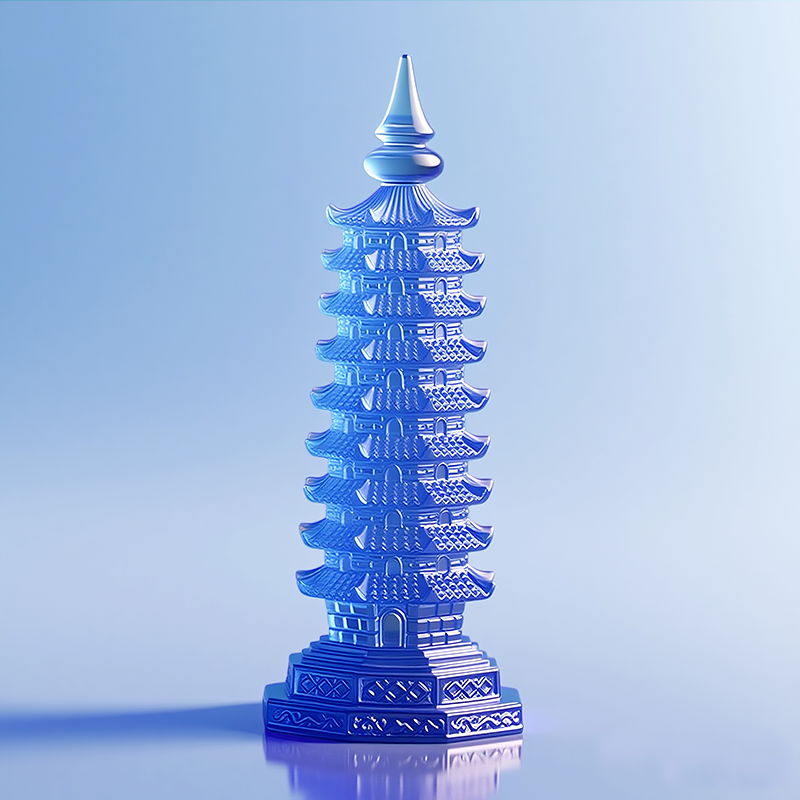
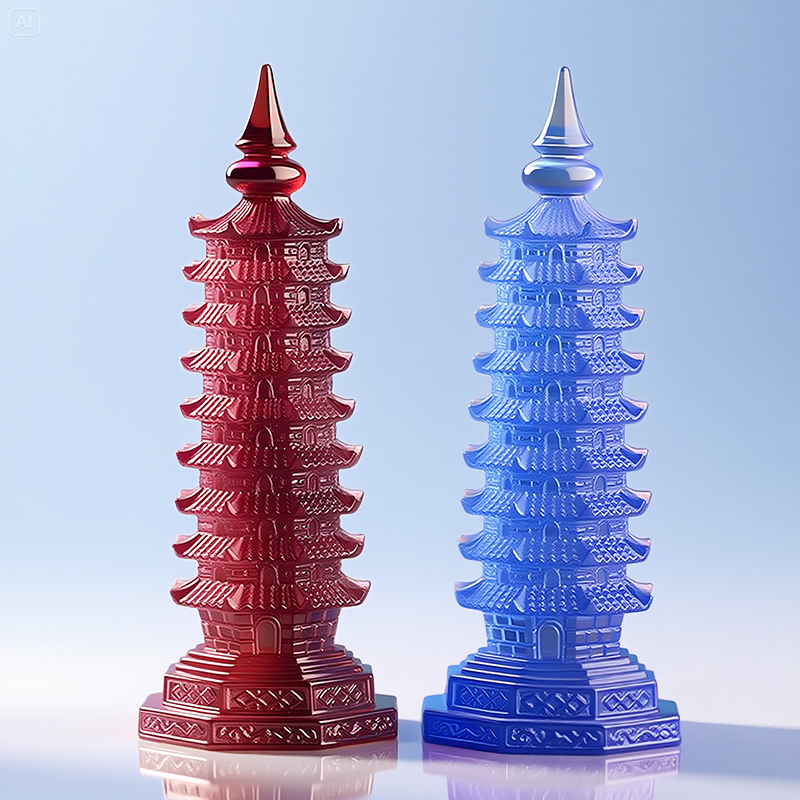


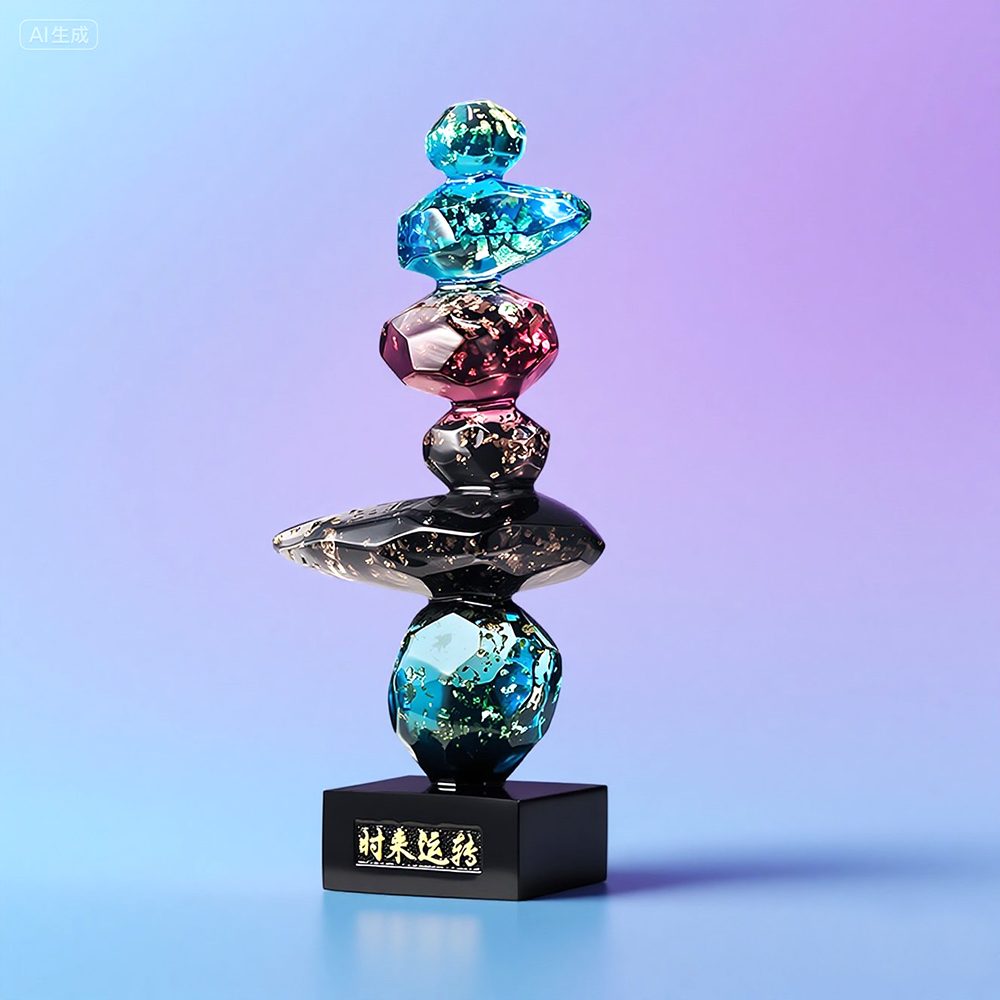
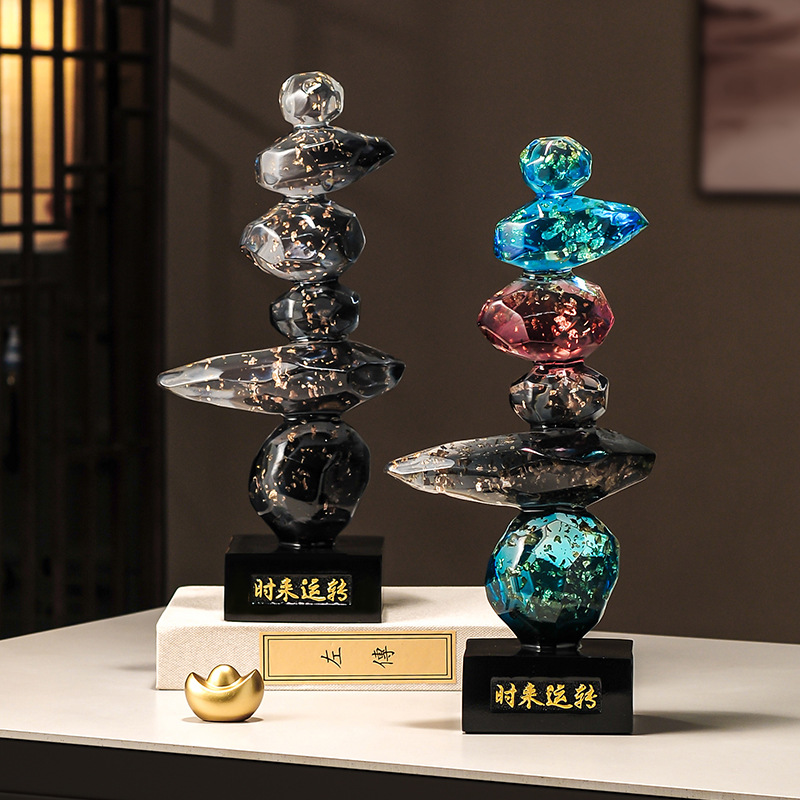
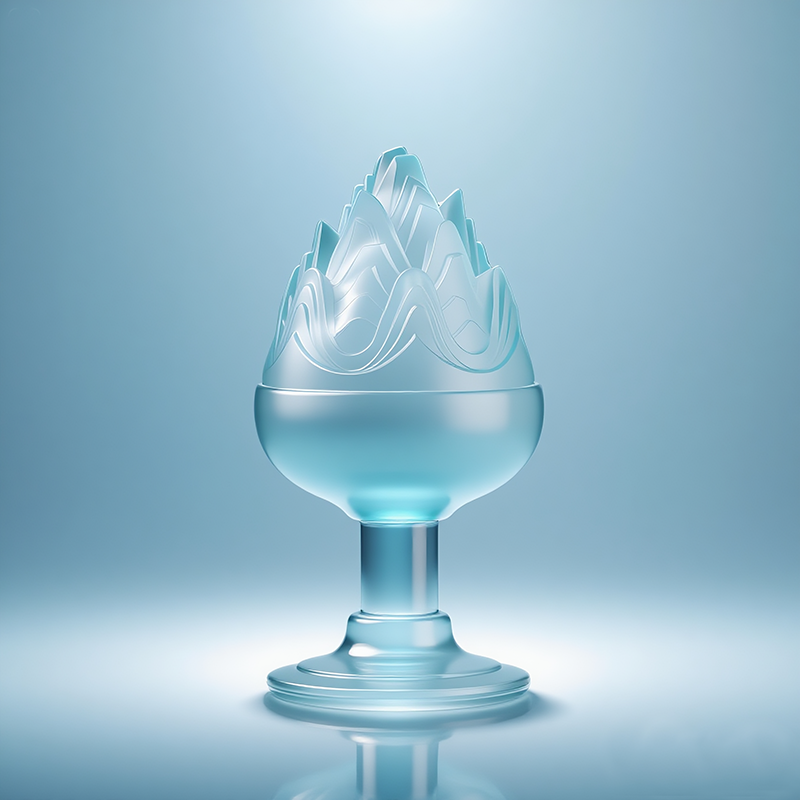
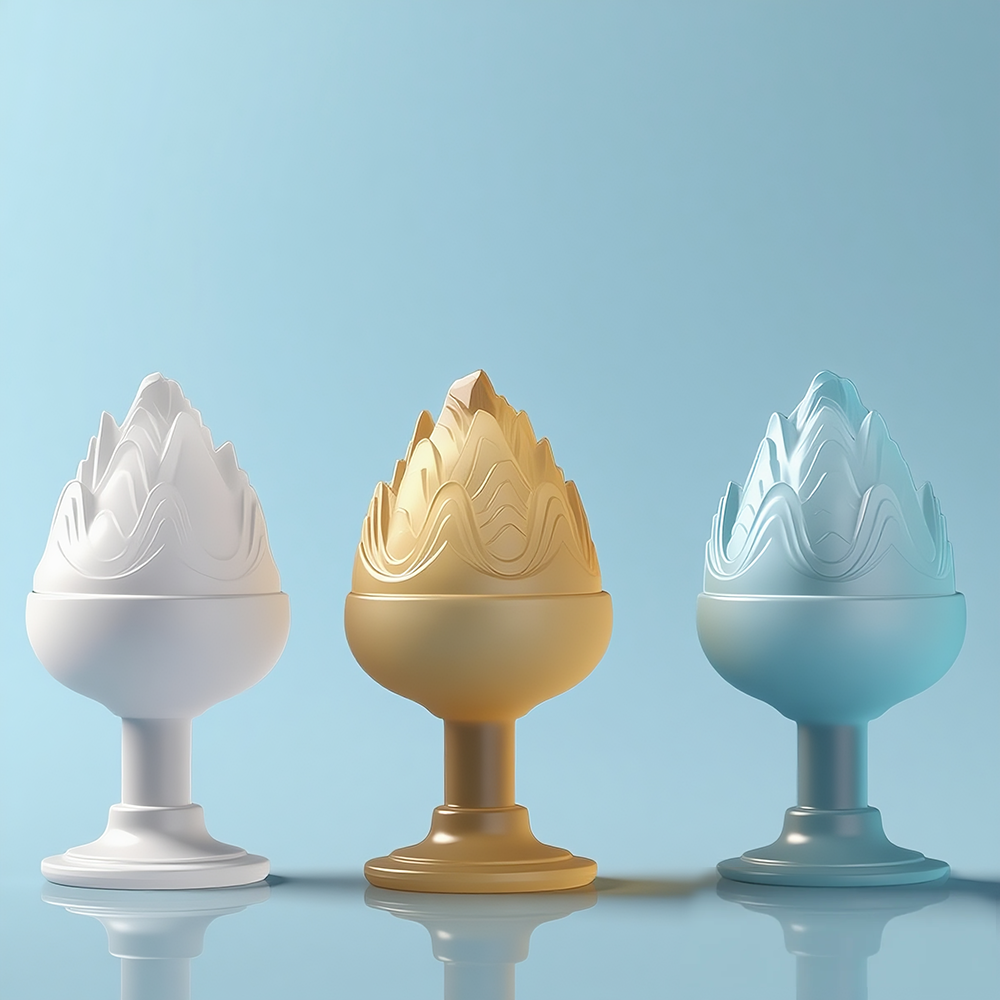
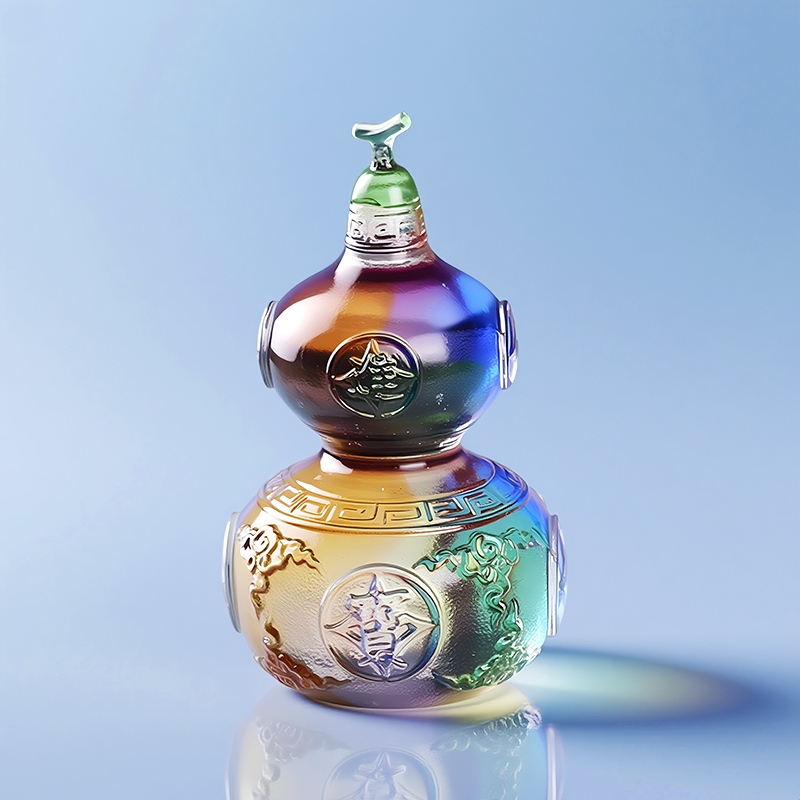
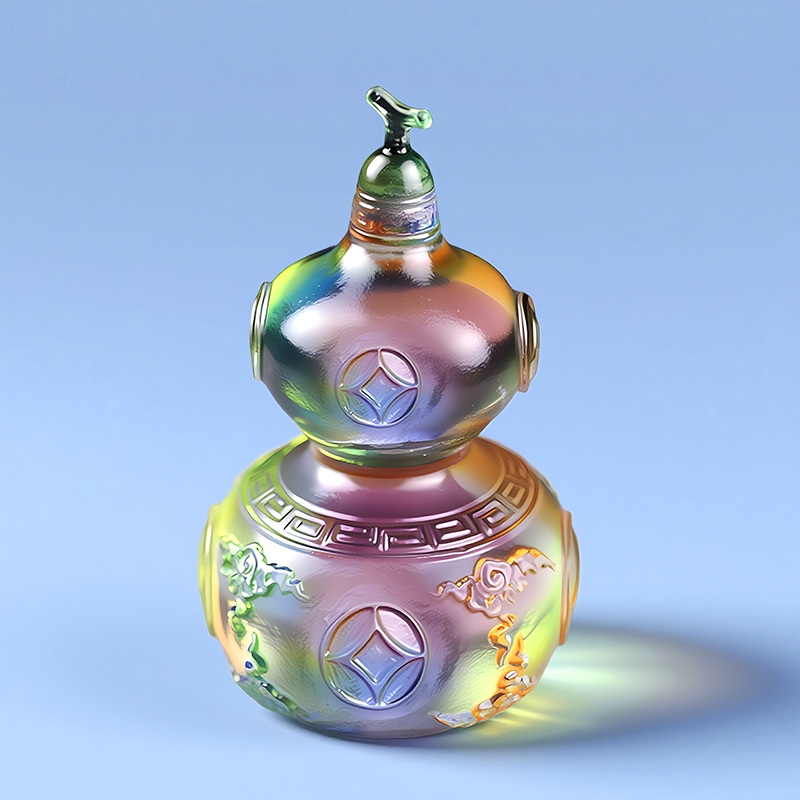
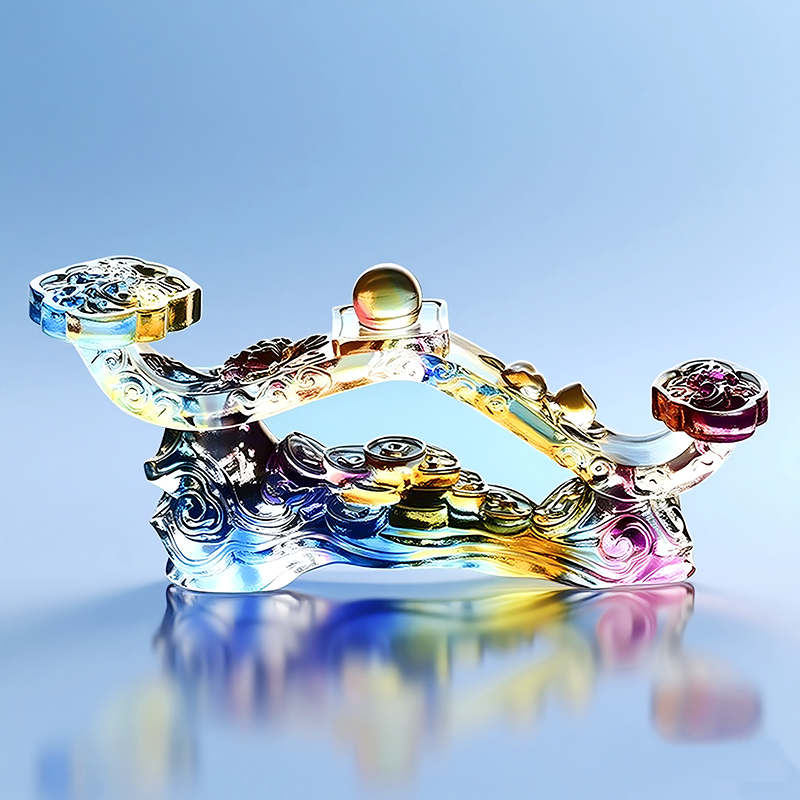
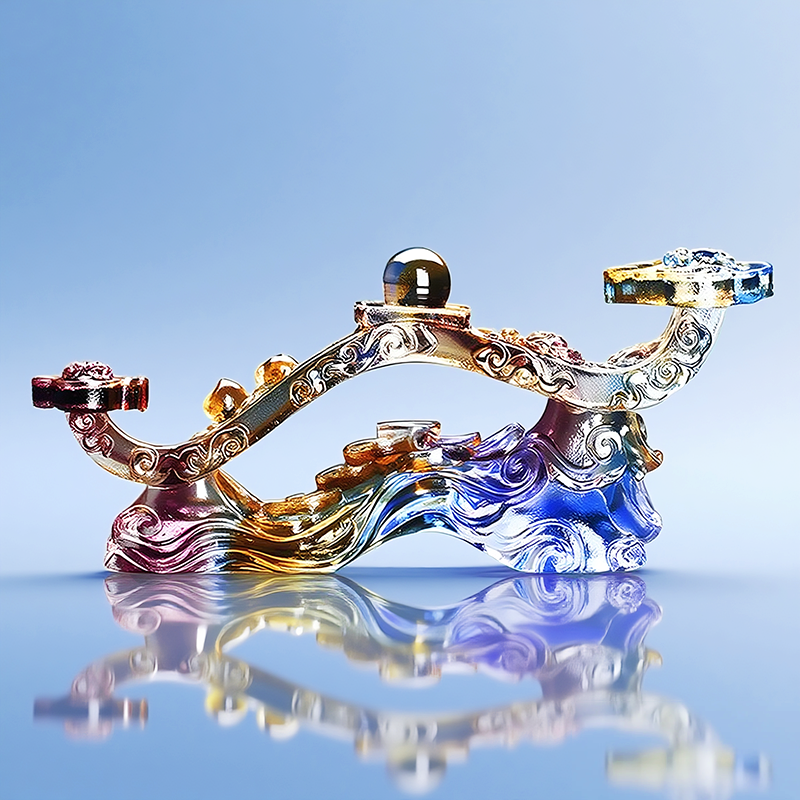
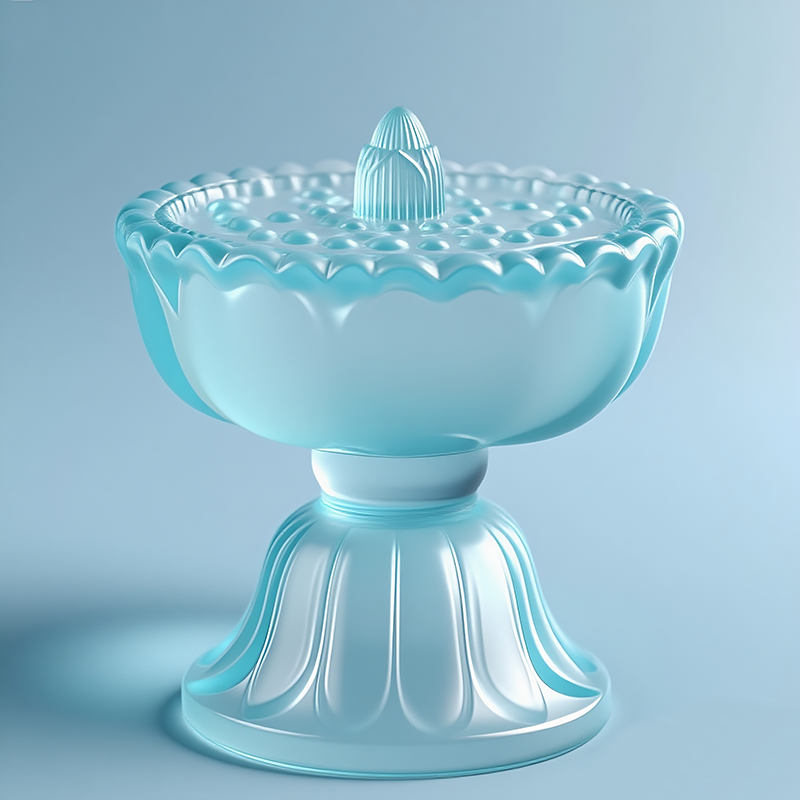
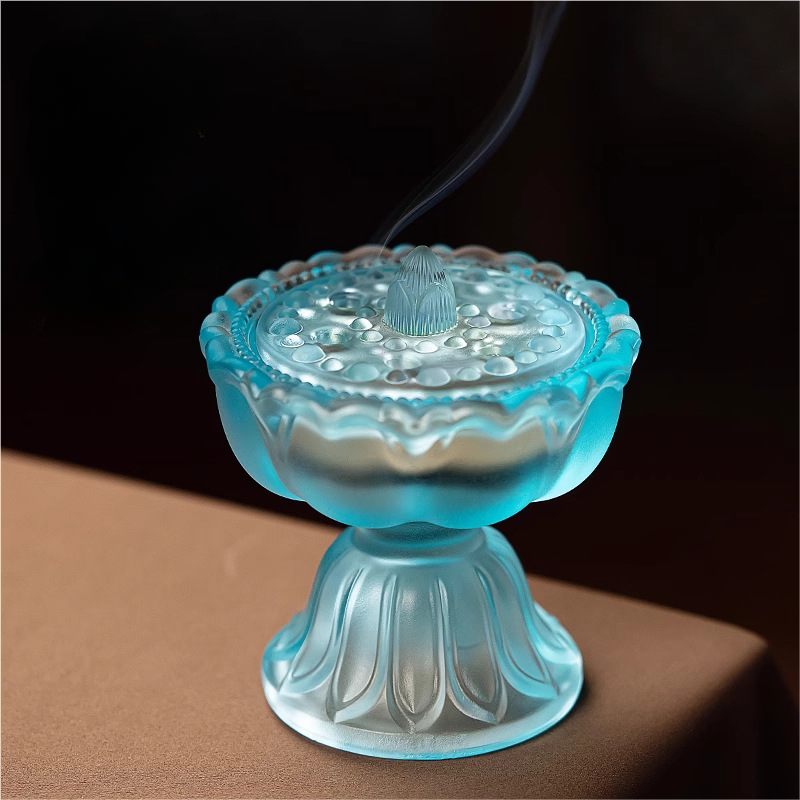
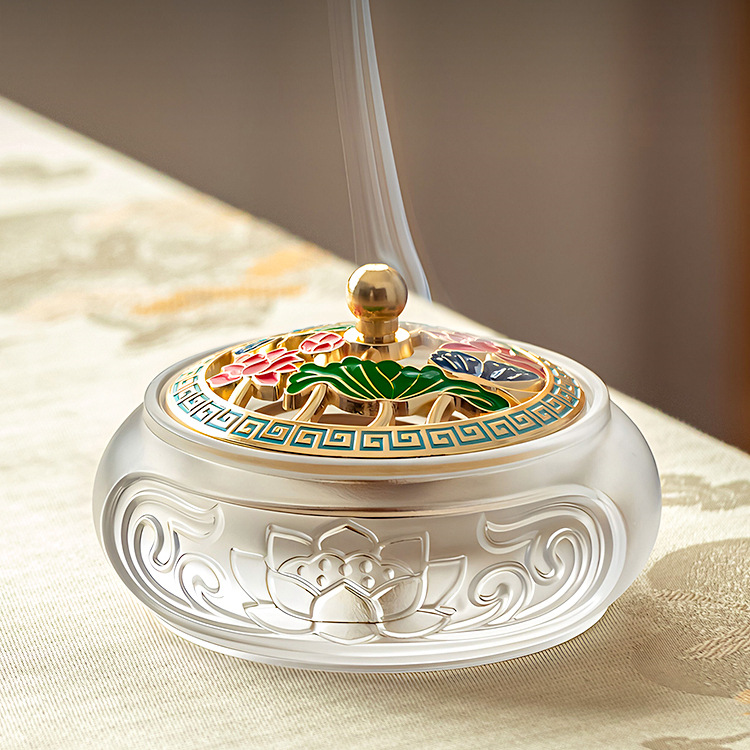
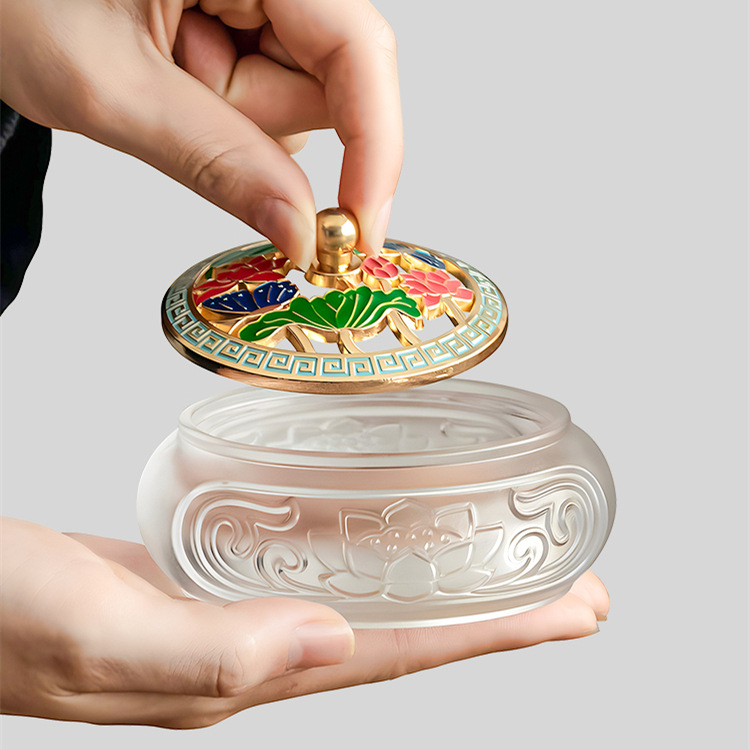

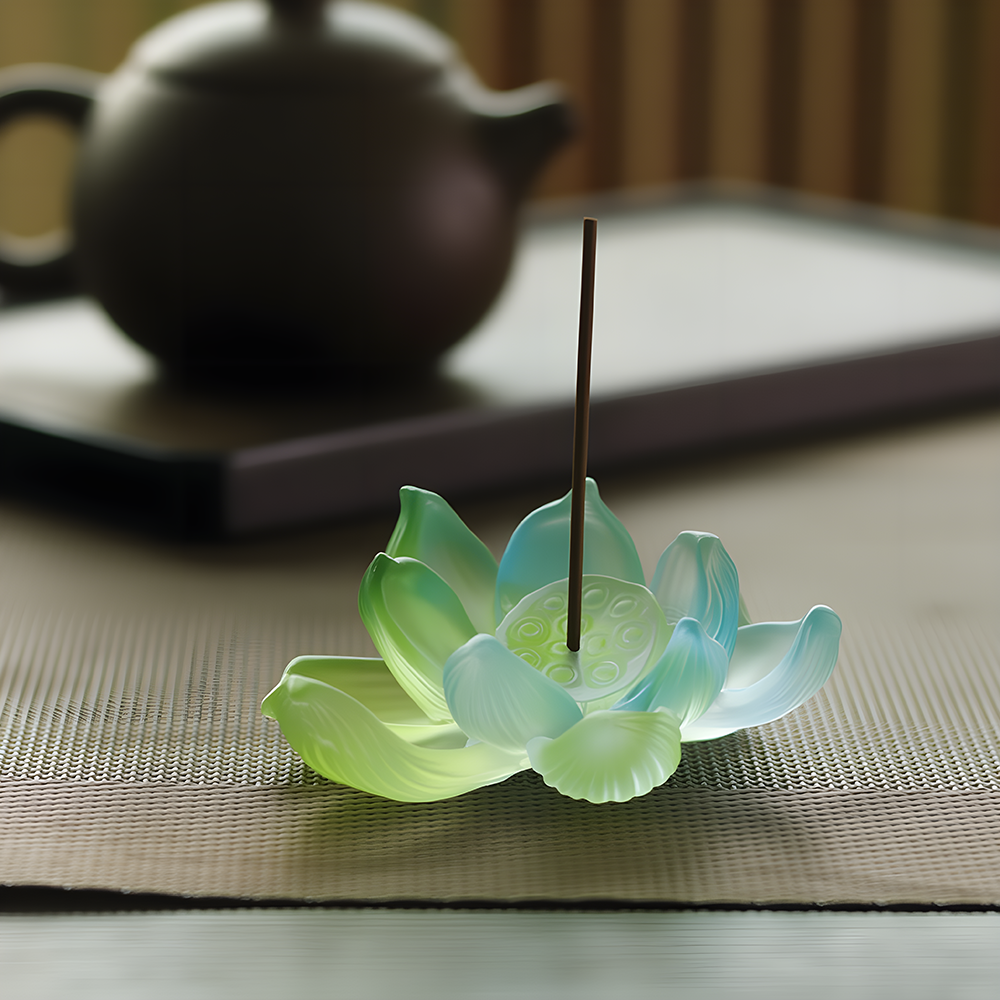
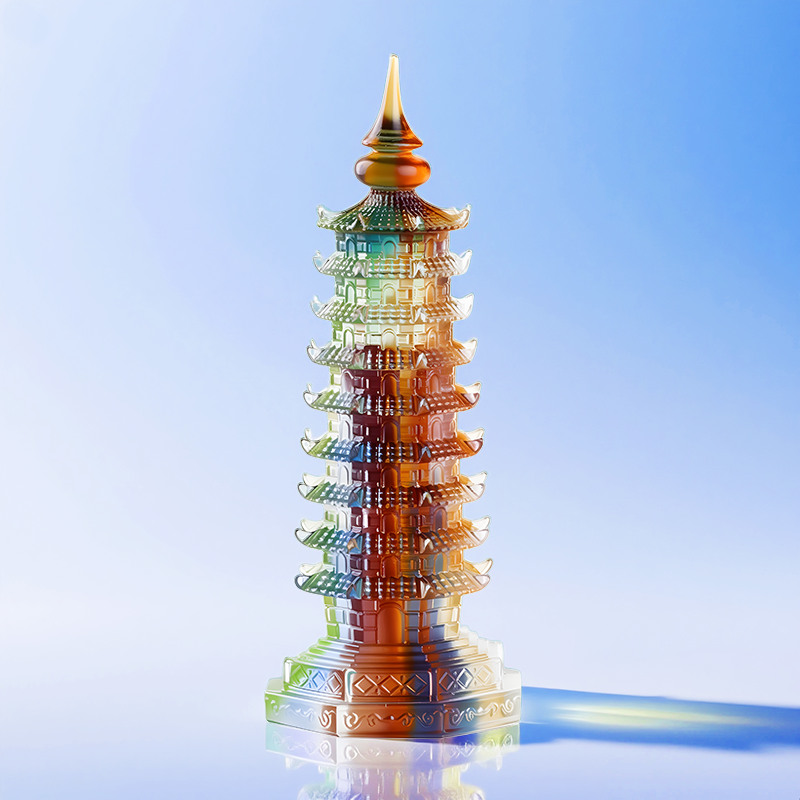
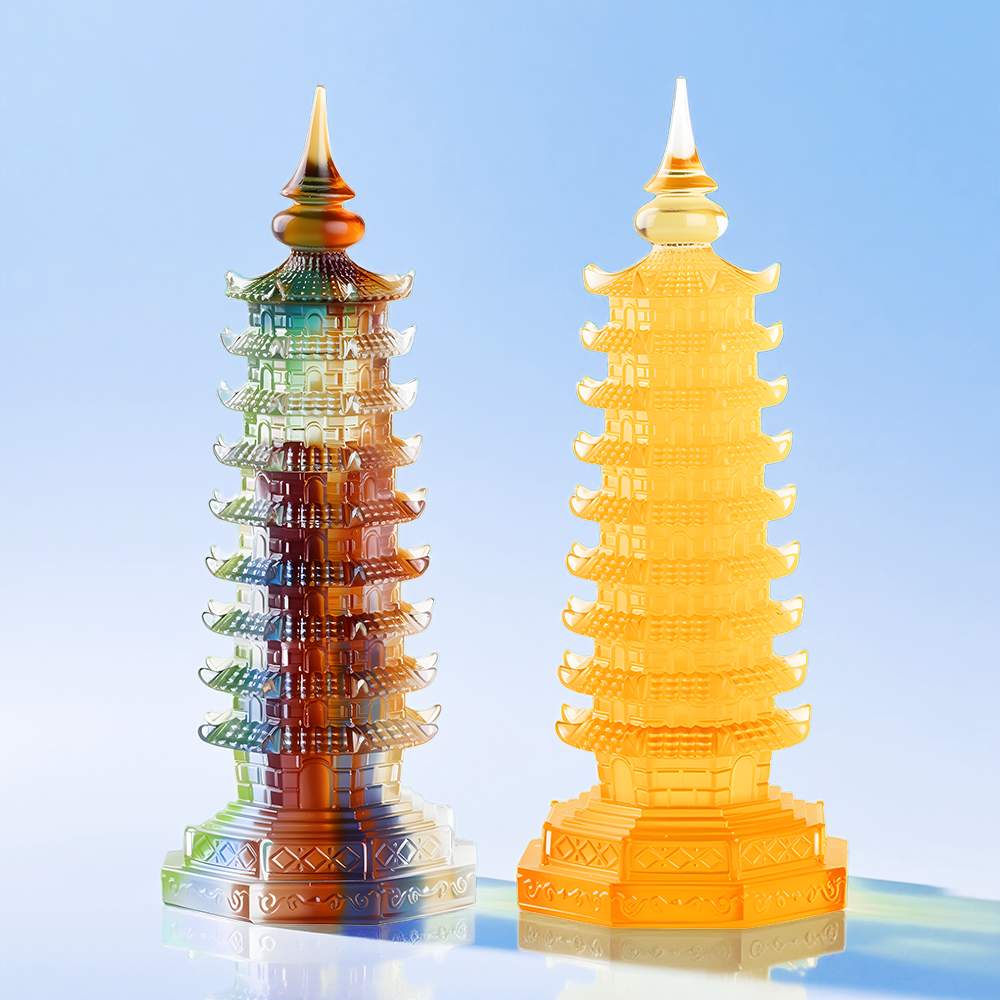

{{item.comments}}